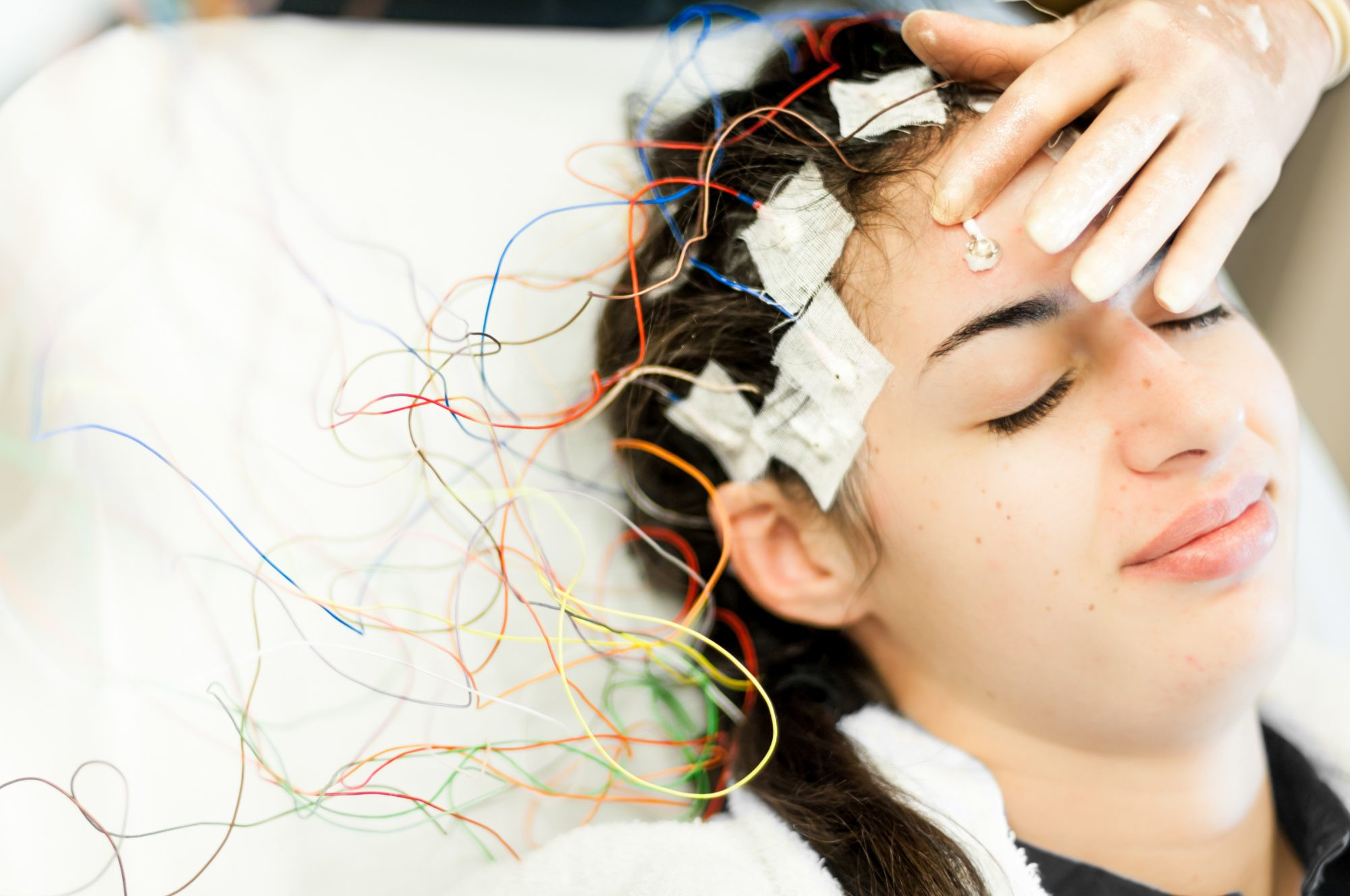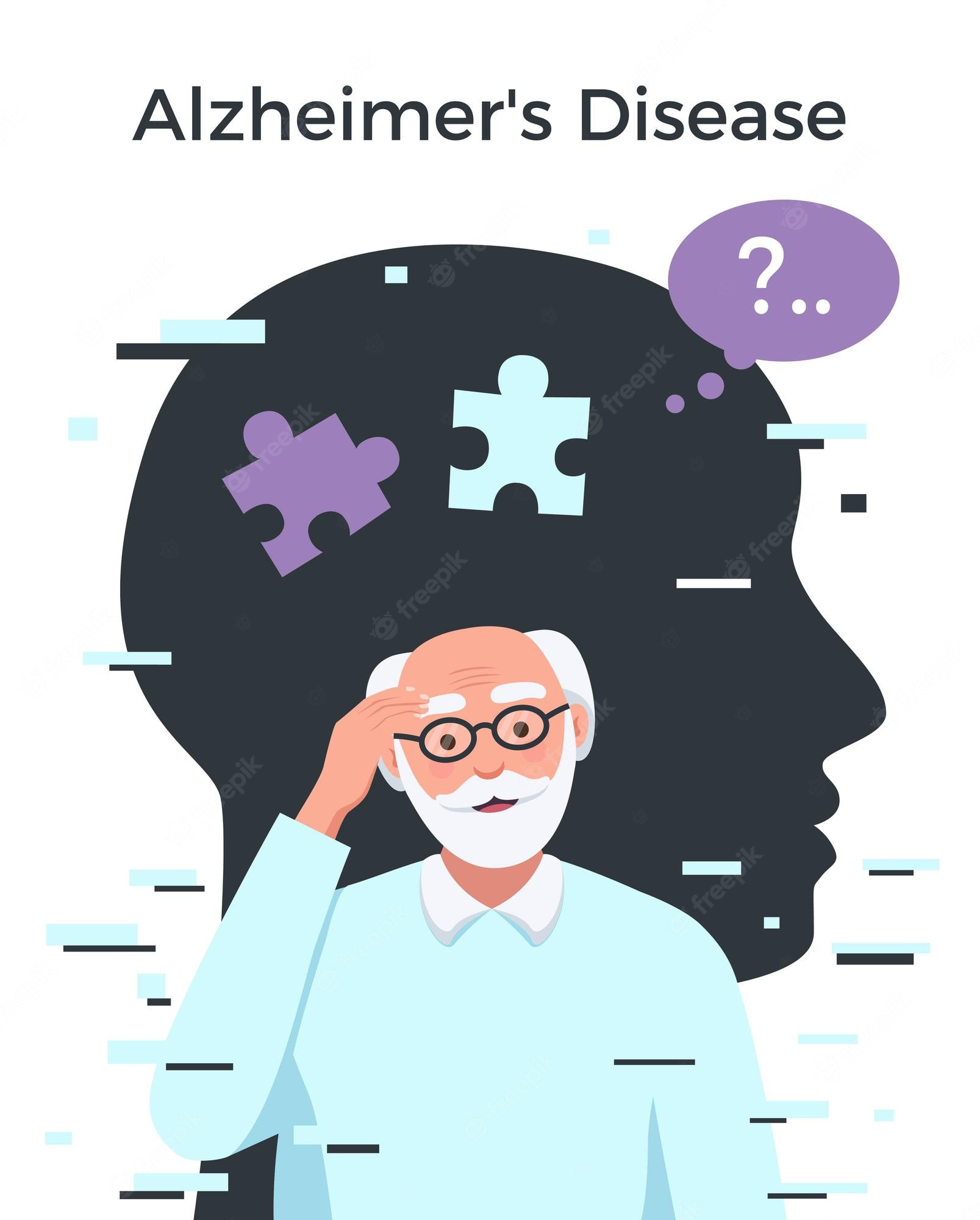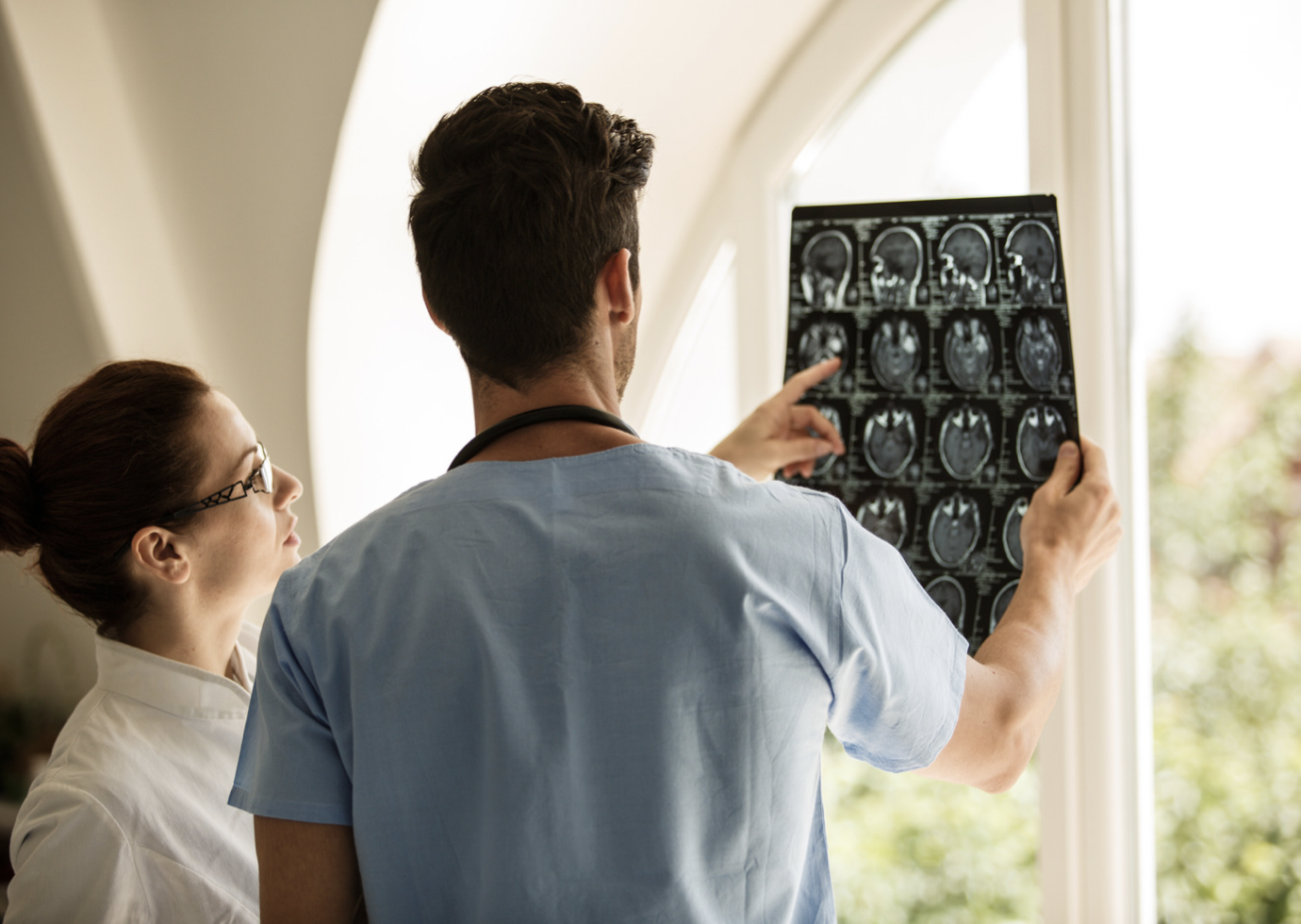Definisi
Motor neuron disease (MND) atau penyakit saraf motorik adalah penyakit langka yang menyerang otak dan saraf motorik. Penyakit ini menyebabkan kelemahan anggota gerak yang memburuk seiring berjalannya waktu. Saraf motorik berperan pada penyaluran pesan sinyal antar otak, sumsum tulang belakang dan otot.
Ketika kita berjalan, berbicara dengan seorang teman, atau mengunyah makanan, sistem saraf adalah sistem yang bekerja dibalik aktivitas ini. Oleh karena itu, sama halnya dengan anggota tubuh yang lain, sistem saraf juga dapat mengalami kerusakan.
Terdapat banyak jenis dari penyakit saraf motorik. Yang paling terkenal adalah Amyotrophic Lateral Sclerosis atau ALS yang populer karena diderita oleh salah seorang ilmuwan ternama yakni Stephen Hawking. Beragam jenis penyakit saraf motorik lainnya antara lain adalah:
- Sklerosis Lateral Primer (PLS)
Bentuk langka dari penyakit saraf motorik yang terutama menyebabkan kelemahan dan kaku pada tubuh.
- Progressive Bulbar Palsy (PBP)
Kelemahan otot akibat gangguan saraf motorik bawah, terutama mengenai otot wajah, tenggorokan dan lidah.
- Pseudobulbar Palsy
Sedikit mirip dengan PBP, namun pseudobulbar palsy terjadi karena gangguan pada saraf motorik atas.
- Atrofi Muskular Progresif
Kelemahan otot progresif yang membuat otot kehilangan massa dan mengecil.
- Atrofi Muskular Spinal
Penyakit bawaan yang memengaruhi saraf motorik bawah.
- Penyakit Kennedy
Kondisi langka yang meningkatkan kelemahan otot serta turut menyebabkan perubahan hormon.
Seluruh jenis MND dapat mengurangi harapan hidup secara signifikan, bahkan dapat mengancam nyawa. Gejala yang muncul akan memengaruhi penderitanya dalam derajat dan kecepatan yang berbeda, sehingga perjalanan penyakitnya cukup sulit untuk diketahui. Sampai saat ini belum ditemukan obat untuk menyembuhkan MND. Terapi bertujuan untuk mengurangi dampak penyakit terhadap kehidupan pasien sehari-hari.
Penyebab
Motor neuron disease disebabkan oleh penurunan fungsi sel–sel saraf motorik yang berada di otak dan sumsum tulang belakang, serta bisa memengaruhi kerja sel saraf lainnya.
Penyebab pasti timbulnya gangguan pada sel saraf motorik ini masih belum diketahui dengan pasti. Dipercaya bahwa gaya hidup, lingkungan, dan genetik berkontribusi terhadap penyebab penyakit ini. Namun bila sudah mengalami masalah, sel-sel ini akan berhenti berfungsi dengan baik seiring berjalannya waktu.
Faktor Risiko
Motor neuron disease adalah kondisi langka yang menyerang populasi berusia 60 dan 70 tahun. Walaupun begitu, penyakit saraf motorik juga dapat menyerang orang dewasa di usia berapapun.
Bila Anda memiliki kerabat dekat dengan motor neuron disease, atau kondisi terkait seperti demensia frontotemporal (demensia yang terjadi karena kerusakan di bagian depan dan samping otak), maka Anda memiliki faktor risiko untuk terkena motor neuron disease. Namun pada kebanyakan kasus, penyakit saraf motorik tidak diturunkan secara genetik.
Gejala
Gejala dari penyakit saraf motorik muncul secara perlahan, bahkan tidak jelas pada awal kemunculannya. Penyakit saraf motorik memengaruhi pasien secara berbeda. Tidak semua penderitanya memiliki gejala dalam uruta kelemahan otot yang sama, dengan kecepatan perburukan gejala yang beragam. Keluhan yang timbul juga tergantung jenis-jenis penyakitnya.
Gejala awal yang bisa muncul umumnya meliputi:
- Kelemahan pada tumit atau kaki, Anda dapat tersandung atau kesulitan untuk menaiki tangga.
- Bicara yang kurang jelas dan menunjukkan ekspresi wajah.
- Kesulitan untuk menelan makanan dan air liur.
- Genggaman yang lemah, Anda dapat menjatuhkan barang, kesulitan untuk membuka tutup botol, atau mengancing baju.
- Kram otot dan kesemutan.
- Penurunan berat badan, otot lengan dan kaki dapat menjadi kecil dan tipis seiring berjalannya waktu.
- Gangguan pernapasan yang bisa menyebabkan sesak napas dan kelemahan.
- Kesulitan untuk berhenti tertawa atau menangis pada situasi yang tidak seharusnya.
Diagnosis
Dokter spesialis saraf akan melakukan tanya jawab, pemeriksaan fisik, dan pemeriksaan penunjang untuk mendiagnosis penyakit ini. Tidak ada satu pemeriksaan yang khusus dan terbukti dapat mendiagnosis motor neuron disease karena penyakit ini bersifat degeneratif atau berkembang secara lambat.
Wawancara Medis
Tanya jawab dimulai dengan:
- Keluhan utama pasien.
- Keluhan penyerta bila ada.
- Sejak kapan keluhan dialami.
- Riwayat penyakit saraf motorik di keluarga.
- Riwayat penyakit lain yang pernah dialami.
- Riwayat pekerjaan.
- Gaya hidup.
- Riwayat pengobatan yang pernah dan sudah diminum.
Pemeriksaan Fisik
Kemudian dokter akan melakukan pemeriksaan fisik. Pemeriksaan fisik dimulai dengan memeriksa keadaan umum pasien untuk melihat adanya gangguan berjalan, gangguan kesadaran, tekanan darah, laju nafas, nadi, dan suhu tubuh.
Kemudian dokter akan melakukan pemeriksaan saraf yang lebih spesifik seperti:
- Pemeriksaan keseimbangan.
- Pemeriksaan fungsi motorik yang mengevaluasi tonus dan kekuatan otot, posisi dan koordinasi tubuh, serta bila ada gerakan otot yang tidak terkontrol.
- Pemeriksaan fungsi sensorik yang meliputi sensasi nyeri, suhu, raba, posisi, atau getaran.
- Pemeriksaan saraf wajah.
Pemeriksaan Penunjang
Untuk pemeriksaan penunjang, dokter akan melakukan pemeriksaan berupa laboratorium darah untuk melihat apakah ada infeksi yang sedang berlangsung pada tubuh, kemudian dapat melakukan CT scan atau MRI pada otak dan sumsum tulang belakang Anda.
Selain itu, dokter juga dapat melakukan elektromiografi untuk memeriksa aktivitas elektrik pada otot dan saraf. Pemeriksaan pungsi lumbal juga dapat dilakukan bila dirasa perlu. Pungsi lumbal merupakan pemeriksaan dengan mengambil cairan sumsum tulang belakang dengan jarum yang ditusuk melalui tulang belakang.
Tata Laksana
Tidak ada satupun obat yang terbukti dapat menyembuhkan motor neuron disease. Pengobatan yang dilakukan bertujuan untuk meningkatkan kualitas hidup pasien dan mengurangi efek dari gejala yang muncul. Diharapkan terapi bisa mengurangi kesakitan yang dialami pasien.
Tata laksana yang dapat dilakukan meliputi:
- Terapi okupasi untuk membantu pasien agar bisa lebih mudah beraktivitas sehari-hari.
- Fisioterapi agar pasien dapat melatih kekuatan dan gerak otot.
- Terapi wicara untuk membantu pasien dapat berbicara dengan jelas.
- Terapi gizi untuk membantu pasien mendapat dukungan agar asupan nutrisi dengan baik walaupun dengan kondisi motor neuron disease.
- Pengobatan berupa obat yang diberikan dan diawasi oleh dokter spesialis saraf bertujuan untuk memperlambat perburukan penyakit, meredakan kekakuan otot dan membantu memperbaiki kondisi air liur.
- Dukungan emosional dan psikologis.
Komplikasi
Penyakit saraf motorik akan memburuk seiring dengan berjalannya waktu. Bergerak, menelan, dan bernafas akan terasa lebih sulit karena progresivitas dari kelemahan otot yang terjadi. Oleh karena itu, seiring berjalannya waktu pasien bisa membutuhkan selang makan atau selang oksigen untuk membantu fungsi dasar mereka (bernapas dan makan).
Pasien dapat menjadi lumpuh dan mengalami gangguan untuk bernapas, sehingga kondisi ini dapat mengarah ke kematian. Namun, terkait berapa lama waktu yang terjadi dari saat pasien terdiagnosis penyakit saraf motorik sampai terjadi kematian bisa bervariasi antar pasien.
Sebagai contoh, banyak orang yang hidup bertahun-tahun bahkan hingga satu dekade dengan penyakit saraf motorik. Sehingga konsultasi rutin dengan dokter yang merawat diperlukan untuk kelangsungan hidup pasien.
Pencegahan
Penyebab penyakit masih belum diketahui dengan pasti, walaupun diyakini berhubungan dengan faktor gaya hidup, faktor mutasi genetik, dan faktor lingkungan. Oleh karena itu, tidak ada cara pasti untuk mencegah terjadinya motor neuron disease.
Namun Anda dapat melakukan hal-hal berikut ini guna memperkecil kemungkinan untuk terkena motor neuron disease, di antaranya:
- Hindari merokok.
- Terapkan pola makan gizi seimbang seperti meningkatkan asupan vitamin E dan antioksidan.
- Hindari obesitas.
- Hindari paparan racun dan toksin dalam lingkungan kerja, selalu gunakan alat pelindung diri terutama bila anda bekerja pada industri yang memiliki paparan terhadap pestisida dan logam berat seperti timbal, besi, dan mangan.
- Selalu beraktivitas fisik minimal 3 kali seminggu dengan durasi waktu 30 menit untuk menjaga tubuh agar tetap fit.
Kapan Harus ke Dokter?
Anda harus ke dokter bila terdapat gejala awal dari otor neuron disease seperti yang sudah dijelaskan diatas. Memang kemungkinan terkena motor neuron disease sangat kecil karena penyakit-penyakit tersebut sangat langka, namun pasien harus didiagnosis secepat mungkin agar mereka bisa segera mendapat perawatan yang dibutuhkan.
Anda juga sebaiknya ke dokter bila kerabat dekat anda memiliki penyakit saraf motorik atau gangguan terkait seperti demensia frontotemporal. Dokter dapat menyarankan untuk melakukan konseling genetik bila diperlukan.
Mau tahu informasi seputar penyakit lainnya? Cek di sini, ya!
- dr Hanifa Rahma
Motor Neurone Disease Association - What is MND? (2022). Retrieved 28 August 2022, from https://www.mndassociation.org/about-mnd/what-is-mnd/.
National Healthcare Services - Motor Neurone Disease. (2021). Retrieved 28 August 2022, from https://www.nhs.uk/conditions/motor-neurone-disease/#:~:text=Motor%20neurone%20disease%20(MND)%20is,the%20condition%20for%20many%20year.
WebMD - Motor Neuron Disease. (2020). Retrieved 28 August 2022, from https://www.webmd.com/brain/what-are-motor-neuron-diseases.
Amboss - Bulbar Palsy and Pseudobulbar Palsy. (2021). Retrieved 12 September 2022, from https://www.amboss.com/us/knowledge/Bulbar_palsy_and_pseudobulbar_palsy.












